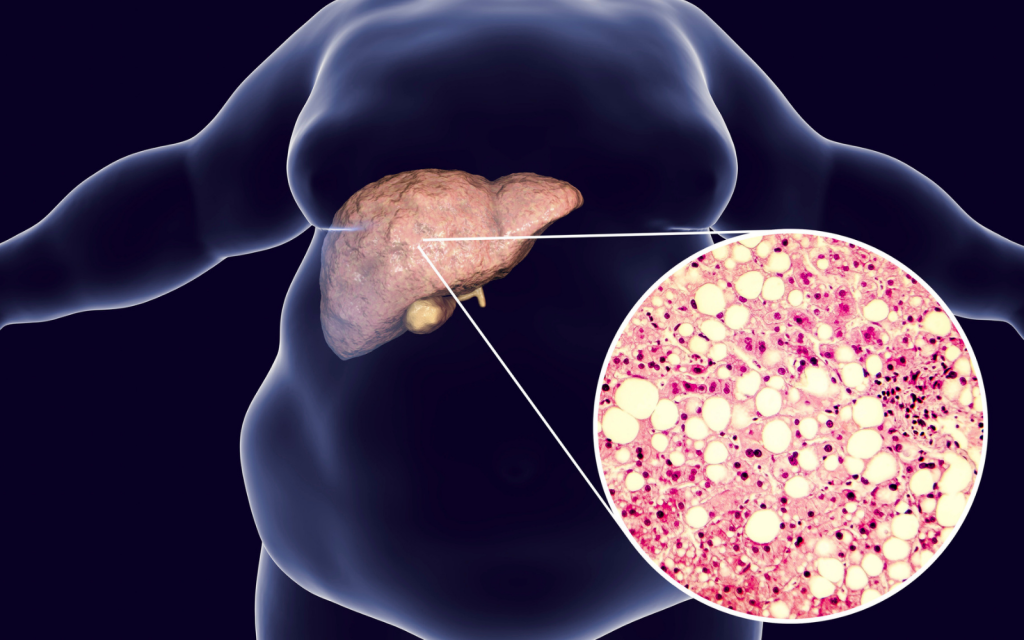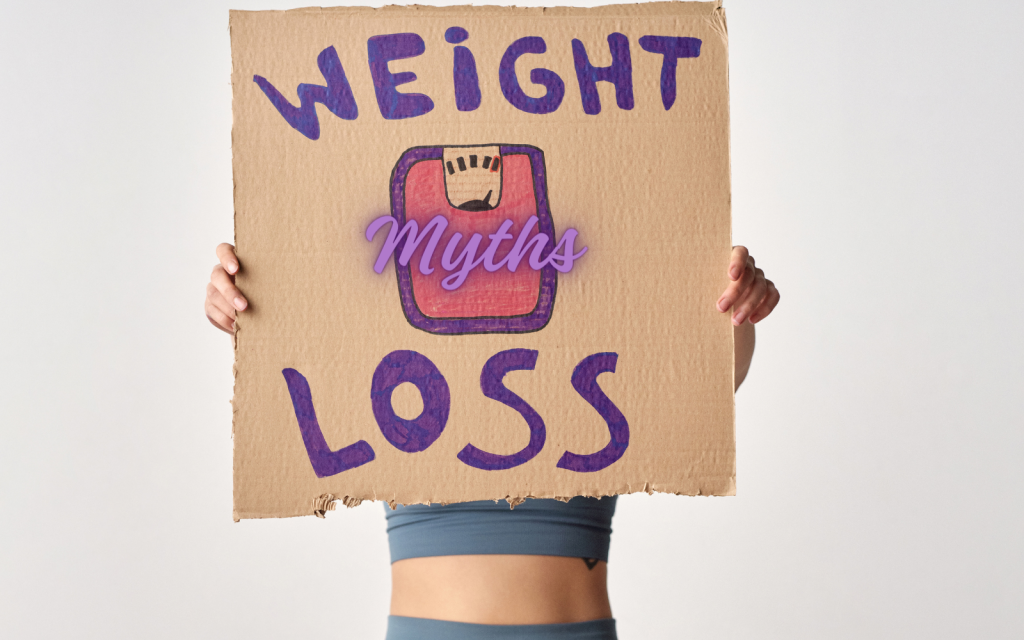Ever heard weird tips about losing weight and wondered if they’re true? There’s a ton of advice out there, and honestly, not all of it is good. Let’s break down what’s real science and what’s just talk, so you know what’s what.
The Simple Math of Calories: The Main Idea

Here’s the deal: weight loss is mostly about energy. If you eat less energy (in the form of calories) than your body uses up, you’ll lose weight. Think of it like a balance – “Calories In vs. Calories Out.” Everything we do, even sleeping or daydreaming in class, uses energy from the food we eat.
The Mystery of Metabolism: What Changes It

“Metabolism” is a fancy word for all the body’s chemical reactions. It splits into:
- Chill-out Energy (Basal Metabolic Rate or BMR) – The energy you use just lying around.
- Workout Energy – What you burn when moving or exercising.
- Food Processing Energy (Thermic Effect of Food) – The energy your body uses just to digest your meals.
Stuff like how old you are, how much muscle you’ve got, how active you are, and even your genes (thanks, mom and dad!) can affect your metabolism. You can’t change some of these, but you can boost your metabolism by being more active and building muscle.
Busting Weight Loss Myths

Myth: “If I eat too little, my body just stops losing weight.”
Truth: Sure, eating like a bird can slow things down, but your body doesn’t just hit the brakes on weight loss. But heads up, super low-calorie diets aren’t cool — they can make you lose muscle, and that actually slows your metabolism. The trick is to lose weight in a way that’s good for your body.
Myth: “Late-night snacking is a one-way ticket to Weight Gain City.”
Truth: It doesn’t really matter when you eat. What counts is how much. Eating more calories than your body burns means you’ll gain weight, morning, noon, or night. But yeah, munching at midnight can lead to eating too much, so keep an eye on that.
Myth: “Some magic foods melt fat and rev up metabolism.”
Truth: Nope, there’s no wizard food that’ll zap fat away. Things like caffeine or hot peppers might speed up your metabolism a tiny bit, but it’s not enough to make a big difference. Eating healthy and staying active? That’s the real magic combo.
Conclusion: Keep It Balanced

Losing weight isn’t just about one thing. It’s a mix, and understanding the real science behind it matters. But remember, it’s best to keep things balanced. Stick to advice that’s backed by real experts, and you’ll be on the right track.
Sources:
The Science of Calories in Weight Management:
Hall, K. D., Heymsfield, S. B., Kemnitz, J. W., Klein, S., Schoeller, D. A., & Speakman, J. R. (2012). “Energy balance and its components: implications for body weight regulation.” The American Journal of Clinical Nutrition, 95(4), 989–994. This paper discusses the principles of energy balance and their implications for regulating body weight. DOI:10.3945/ajcn.112.036350
Understanding Metabolism:
Wolfe, R. R. (2006). “The underappreciated role of muscle in health and disease.” The American Journal of Clinical Nutrition, 84(3), 475–482. This article explains the role of muscle in metabolic health and disease. Available at: The American Journal of Clinical Nutrition website
Myth-Busting Starvation Mode and Weight Loss:
Dulloo, A. G., Jacquet, J., Montani, J. P., & Schutz, Y. (2015). “Adaptive thermogenesis in human body weight regulation: more of a concept than a measurable entity?” Obesity Reviews, 16(Suppl 1), 1–13. This review examines the concept of “adaptive thermogenesis,” which includes the idea of “starvation mode,” and its impact on weight regulation. DOI:10.1111/obr.12269
Eating Times and Weight Gain:
Reid, K. J., Baron, K. G., & Zee, P. C. (2014). “Meal timing influences daily caloric intake in healthy adults.” Nutrition Research, 34(11), 930–935. This study analyzes the impact of meal timing on caloric intake. DOI:10.1016/j.nutres.2014.09.010
The Myth of Magic Foods in Weight Loss:
Ludy, M. J., & Mattes, R. D. (2011). “The effects of hedonically acceptable red pepper doses on thermogenesis and appetite.” Physiology & Behavior, 102(3-4), 251–258. This paper discusses the effects of red pepper (a commonly cited “metabolism booster”) on thermogenesis and appetite but underscores its minor role in weight management. DOI:10.1016/j.physbeh.2010.11.018
Balanced Approach to Weight Loss:
Raynor, H. A., & Champagne, C. M. (2016). “Position of the Academy of Nutrition and Dietetics: Interventions for the Treatment of Overweight and Obesity in Adults.” Journal of the Academy of Nutrition and Dietetics, 116(1), 129–147. This position paper emphasizes a balanced, evidence-based approach to weight loss. DOI:10.1016/j.jand.2015.10.031
